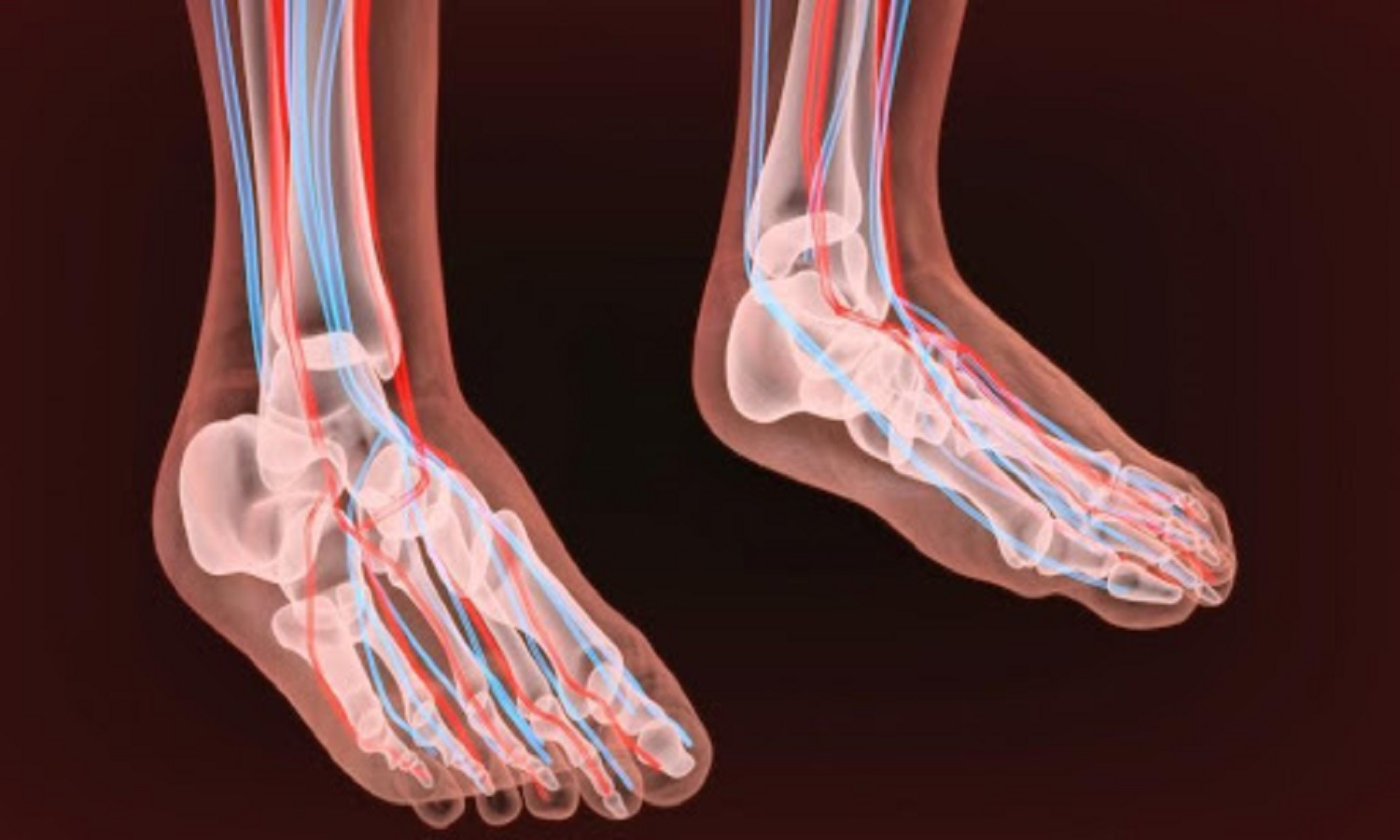
Neuropathy is a nerve problem. When one or more nerves are damaged or dysfunctional, this problem occurs. Muscle weakness, tingling, and pain are major symptoms of neuropathy.
More than 20 million people in the United States are estimated to experience some form of peripheral neuropathy.
Early diagnosis and treatment can help peripheral neuropathy patients to prevent nerve damage further.
In this article, we will discuss the causes and treatment options for neuropathy.
Causes of Neuropathy
Several different health conditions can cause peripheral neuropathy. Some prominent health conditions responsible for neuropathy are:
- Diabetes: Diabetes is the most common cause of neuropathy. More than 50% of people with diabetes can develop some variation of neuropathy.
- Tumors: Cancerous or non-cancerous tumor growth on nerves can damage the nerve’s function. Sometimes the body’s immune response related to cancer can cause polyneuropathy in a person.
- Autoimmune diseases: Rheumatoid arthritis, lupus, Sjogren’s syndrome, autoimmune diseases can lead to neuropathy.
- Bone marrow disorder: Abnormal protein in the blood, bone cancers, lymphoma can trigger neuropathy in a person.
- Infections: Certain viral infections like Lyme disease, hepatitis B and C, diphtheria, HIV, etc., can damage nerves and bring about neuropathy.
- Inherited disorders: Charcot-Marie-Tooth-like neuropathic disease can be passed down to newer generations from older generations.
- Other Diseases: Connective tissue disorders, liver diseases, kidney diseases, underactive thyroid can cause neuropathy in a patient.
Other than health conditions, several other reasons can initiate nerve damage and cause neuropathy:
- Alcoholism: Alcoholism can take away water and vitamins from nerves and damage them.
- Toxin exposures: Heavy metals like lead and mercury and industrial chemicals are very bad for nerves. Exposure to these substances can cause heavy damage to nerves.
- Medications: Cancer medications and chemotherapy can damage nerves and initiate neuropathy.
- Vitamin deficiencies: Vitamin B, vitamin E, and niacin protects nerve health. Any insufficiency in these can cause severe consequences.
- Pressure or Injury on the nerve: Any injury, minor or major, can damage nerves. Pressure from cast or using crutches can also cause damage to nerves as well and block signals from passing or getting into the brain.
Treatments for Neuropathy
For treating neuropathies, the doctors will need two vital things:
- Entire medical history of the patient: the history will consist of symptoms, drinking habits, nervous system diseases, toxin exposure, lifestyle, etc.
- Neurological examination: Here, the doctors will check muscle strength, tendon reflex, coordination, posture, ability to feel certain sensations.
With these things, doctors then diagnose the kind of neuropathy you have and detect reasons for nerve damage. After detecting it, doctors will recommend treatments for your neuropathy.
Neuropathy treatments do not reverse the damage. They just stop nerves from getting any further damage. In some cases, you may need assistive devices to help with your neuropathic conditions.
Some prominent therapies used for treating neuropathy are:
Vitamin Therapy
If your nerve is damaged due to vitamin deficiency, vitamin therapy can help you from experiencing further nerve damage.
Lack of vitamin B-1, B-6, B-12, vitamin E, and niacin causes nerve damage. In vitamin therapy, foods rich in vitamins are prescribed to patients along with vitamin medications.
Also, an improved balanced diet can help accelerate the whole process.
Yoga
In the case of diabetes-related neuropathy, yoga is a very popular therapy. It can reduce blood pressure, stress, and inflammation for a patient. Therefore, the patient can effectively experience relief from neuropathy progression.
Although yoga is less intense than strength training or cycling, it can easily increase the heart’s pumping abilities and help in building muscles.
Physical Therapy
Physical therapy can be a good solution for your condition if you lack balance and coordination due to neuropathy. Here, your therapist will show you moderate-intensity exercise to glide and move your nerves.
These exercises will help you retain strength and reduce spasms and muscle cramping.
Surgical Treatment
Nerve decompression surgery can treat complications and pain caused by neuropathy. It will help reverse tingling and numbness due to neuropathy, and sometimes it may prevent limb amputation.
Red Light Therapy
Red light therapy has shown significant promise in treating neuropathy. This therapy starts working at the cellular level of the body and spreads the benefits all over.
Red light and near-infrared light wavelength penetrates the skin and reaches tissues, muscles, and bones. Upon reaching these parts of the body, they energize the cells’ mitochondria. These energized mitochondria enable each cell to work better to repair damage and replicate themselves.
Also, energized cells experience enhanced metabolism. Therefore, circulation is enhanced in the body. As a result, white blood cells, nutrients can circulate around the body effectively. It also enables the body to expel toxins effectively.
All these processes help nerves to avoid further damage and have better condition. Any neuropathy patient can experience immediate pain relief and comfort when exposed to red light therapy.
Bottom Line
Neuropathy is an alarming condition for anybody. If not treated properly, patients will experience further damage. It will affect their quality of life.
Although there is no cure for neuropathy, light therapy has shown significant promise in treating it. Light therapy can address all the conditions from a cellular level and provide the patient with rapid pain relief.
Consult your doctor for getting appropriate therapy for your neuropathic condition. Also, make sure to take advice from them before getting light therapy as well.

